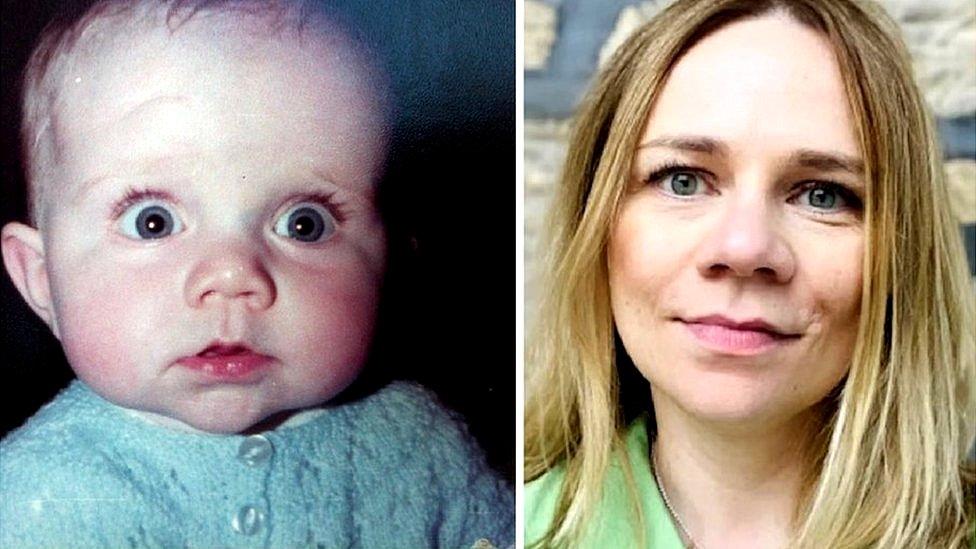Tiny heart pacemaker is a 'game changer' - doctor
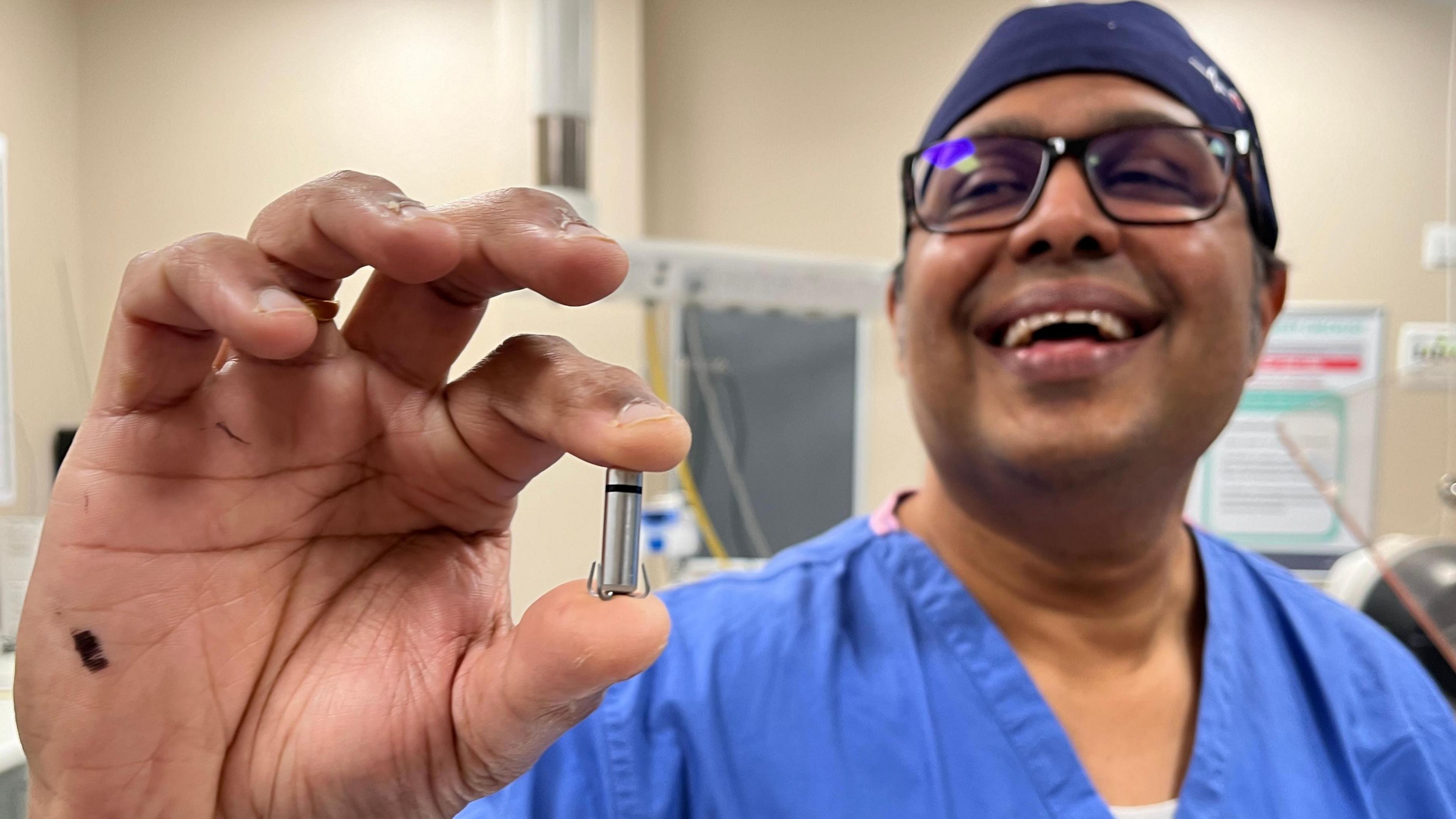
Dr Renjith Antony, consultant cardiologist at Castle Hill Hospital, with the new wireless pacemaker
- Published
A doctor says a new wireless pacemaker is a game changer for heart patients at risk of infection.
Consultant cardiologist Dr Renjith Antony fitted the device, which is smaller than a AAA battery, for the first time at Castle Hill Hospital in East Yorkshire on Wednesday.
Mike Wills, who was the recipient, has previously had six traditional pacemakers - needed to keep his heart beating properly - but having suffered issues with them in the past is hoping the new model will be more of a success.
Recovering at home in Kirton in Lindsey in North Lincolnshire yesterday, he said: "I feel marvellous. I honestly do not know that the device is in there."
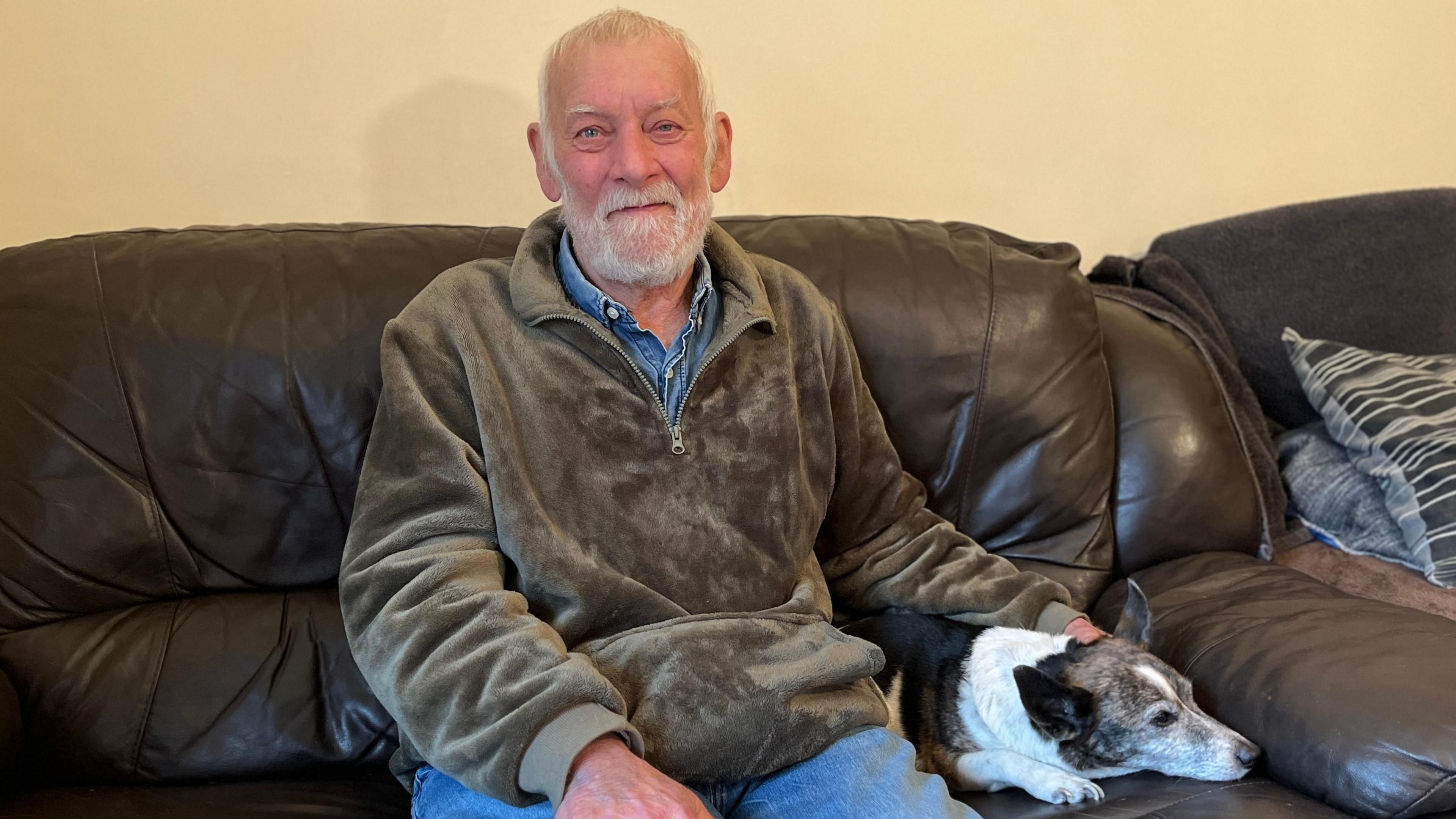
Mike Wills recovering at home with his dog, Pip, following his surgery
Mr Wills added: "I cannot feel it. We will now see how well it does for a patient who is wholly dependent on this device.
"Time will tell how long it will last, but I have every confidence in the pacing team."
The wireless pacemaker is a one-piece device that is implanted directly into the heart via a vein. It is about 10 times smaller than other models and weighs only a couple of grams.
The surgeon does not need to open the chest and can guide the device using X-ray.
Traditional pacemakers, which require a separate battery under the skin and wires that connect to the heart, can cause an infection that, according to Dr Antony, can be fatal in 40% of cases.
"If the heart gets infected, that's quite serious," he said.
"[The new wireless device] is a game changer for patients at risk of infection, patients who are on dialysis, on cancer therapy and also patients who have had a previous infection."
'Perfect solution'
The hospital fits about 600 pacemakers a year and said the cost of treating an infection could be up to £25,000. In some cases, infected wires can be impossible to remove.
Dr Antony added: "If a patient has a wire in the heart for 20 years, removing that if it gets infected is risky because it's stuck inside the heart.
"There is a risk of death with such a procedure. He [Mr Wills] had wires in the heart that couldn't even be removed surgically so, for him, this is a perfect solution."
Mr Wills has suffered with problems from traditional pacemakers in the past, making everyday life difficult.
"If you had people around you with mobile phones, it really affected how the pacemaker was delivering, so it would really knock it out of sync," he explained.
"I wasn't allowed to go on escalators and things like that. I've had a problem in Tesco. I was going through a till and I literally went 'wallop' and hit the floor."
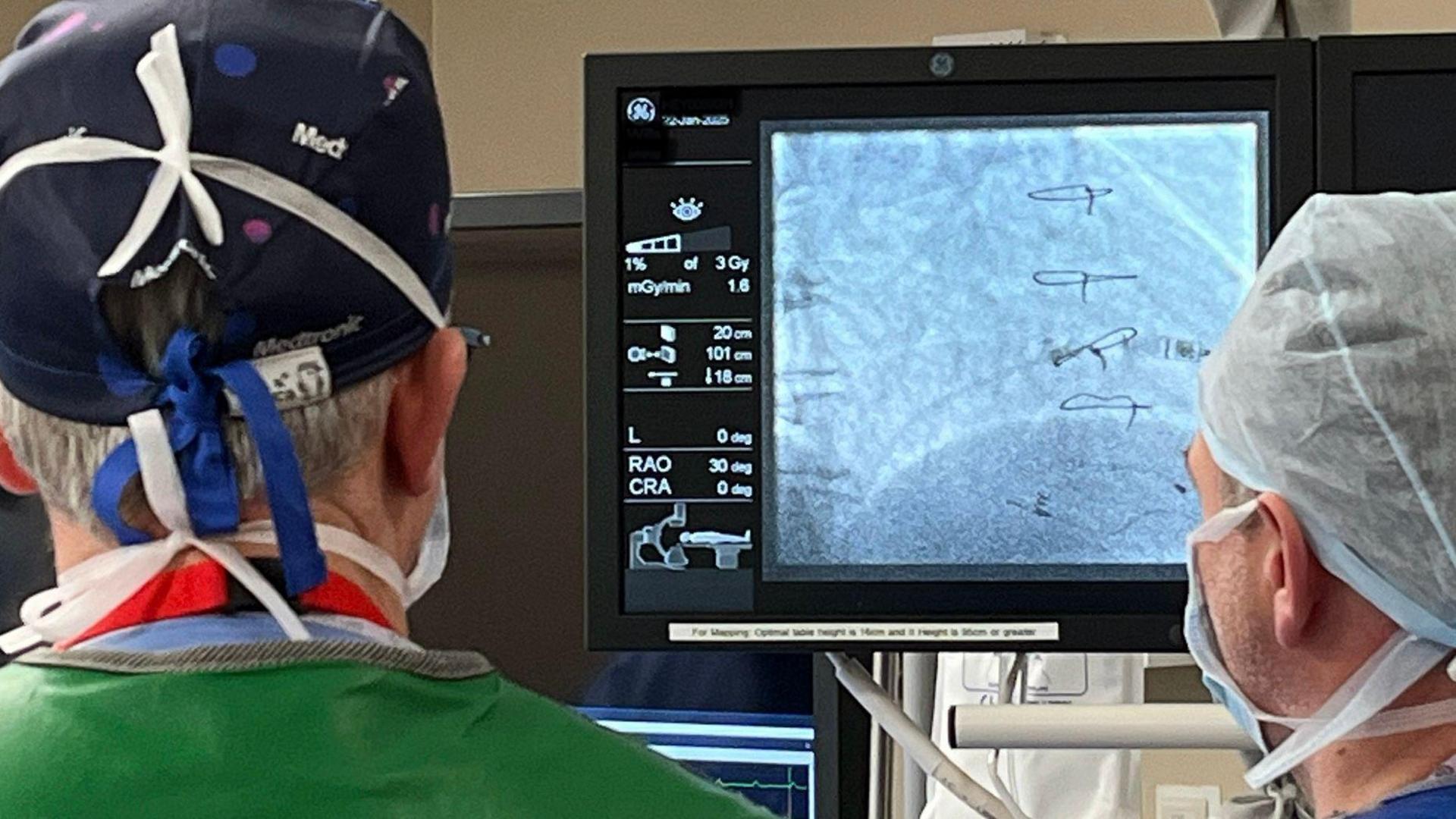
Surgeons use X-ray to guide the pacemaker into position
"We're hoping this device is going to be a lot less problematic for me," he said.
"And, hopefully, it will keep up with the demand that I put on it. Just to be able to walk, talk, live. It does the lot.
"I wouldn't be here without them. It's as simple as that."
The surgery lasted an hour and Mr Wills was back home a few hours later.
Listen to highlights from Hull and East Yorkshire on BBC Sounds, watch the latest episode of Look North or tell us about a story you think we should be covering here, external.
- Published22 October 2023
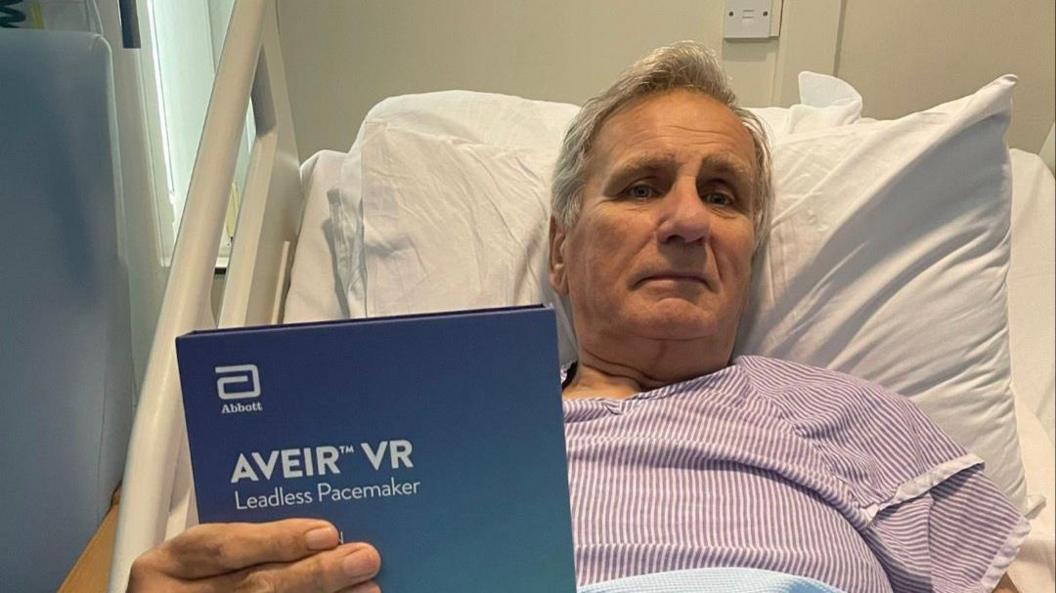
- Published30 June 2023
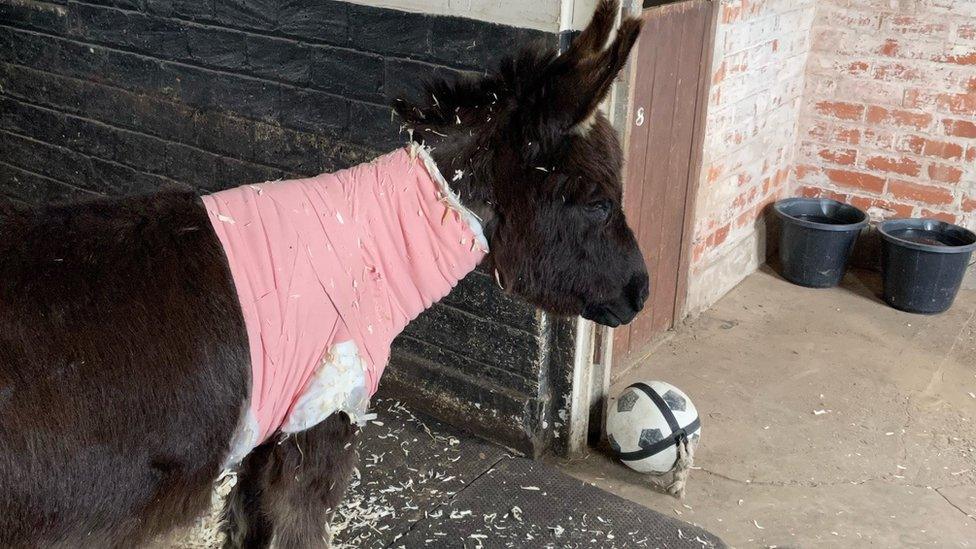
- Published18 January 2023
